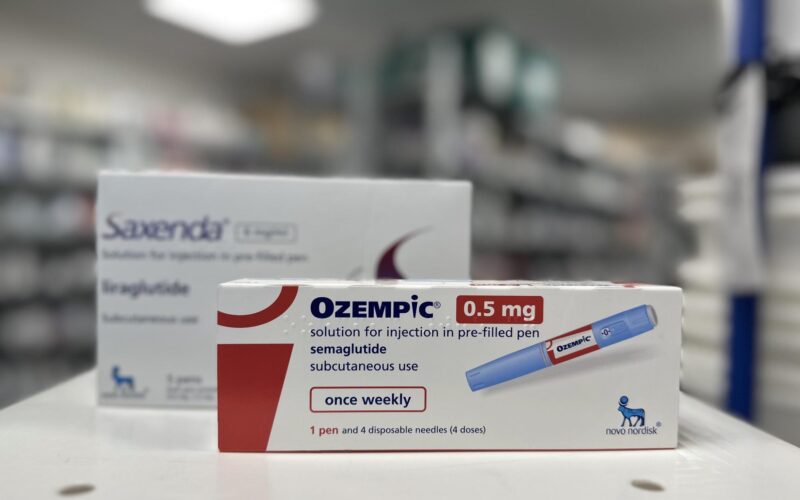Obesity is a complex and often frustrating condition that affects millions of Americans and countless New Yorkers. When diet and exercise don’t result in the desired weight loss, many individuals turn to other solutions, with medications being an option currently generating a lot of buzz. A class of drugs called GLP-1 receptor agonists are making headlines for their substantial impact on weight loss, but are they a miracle solution or a trend with hidden dangers? Let’s dive in!
What are GLP-1 Drugs?
GLP-1 (glucagon-like peptide-1) receptor agonists are a type of injectable medication. They mimic a naturally occurring hormone in your body called GLP-1. This hormone serves several purposes. including:
- Promoting feelings of fullness: GLP-1 helps slow down digestion and signals your brain that you’re satisfied.
- Regulating blood sugar: GLP-1 aids in insulin production, helping to keep blood sugar levels stable.
The GLP-1 drugs most commonly associated with weight loss are semaglutide (Wegovy, Ozempic) and tirzepatide (Mounjaro). While originally approved as diabetes medications, their weight loss potential has opened up new possibilities.
Pros of GLP-1 Drugs for Weight Loss
- Significant weight loss: Studies show an average weight loss of 15% to 20% of body weight when using GLP-1 drugs along with lifestyle changes. This is a much higher amount than is typically achievable with diet and exercise alone.
- Improved metabolic health: GLP-1 drugs help reduce blood sugar levels, lower blood pressure, and improve cholesterol, potentially reducing the risk for conditions such as type 2 diabetes and heart disease.
- Potential for sustained weight loss: Research suggests weight loss achieved with the help of GLP-1 drugs is more likely to be maintained compared to weight loss through lifestyle changes alone.
Cons of GLP-1 Drugs for Weight Loss
- Side effects: The most common side effects include nausea, vomiting, abdominal pain, diarrhea, and constipation. These often lessen over time. However, there are reports of more serious, though uncommon, side effects, such as pancreatitis and gallbladder issues.
- Cost: GLP-1 drugs are expensive, ranging from between $900 to $1,400 per month. Insurance coverage is variable.
- Long-term Commitment: These medications are not a quick fix. They often require ongoing, potentially lifetime use to prevent weight regain.
- Unknown long-term effects: Since GLP-1 drugs are relatively new, their long-term safety profile for weight management isn’t fully established.
Should You Try GLP-1 Medications?
The decision to try GLP-1 medication is a nuanced one, best made in collaboration with your doctor. They can evaluate if these drugs are right based on your individual health needs and circumstances. Factors to discuss with your doctor are whether you have:
- A BMI equal to or greater than 30, or a BMI of 27 or greater along with obesity-related health issues.
- Other health conditions like diabetes, which GLP-1 drugs could also help manage.
- A commitment to long-term medication use and lifestyle changes.
Always Remember
GLP-1 drugs represent a promising new tool for battling obesity, but they aren’t a magic solution. Successful and sustainable weight loss always requires:
- Healthy eating habits
- Regular physical activity
- Potential lifestyle and behavioral modifications
If you are considering GLP-1 medication for weight loss, consult your doctor. They can guide you to a well-informed choice and monitor your progress for optimal results!
This is an AI assisted collaborative article. Share your own experience in the comments below!



















Leave a Reply